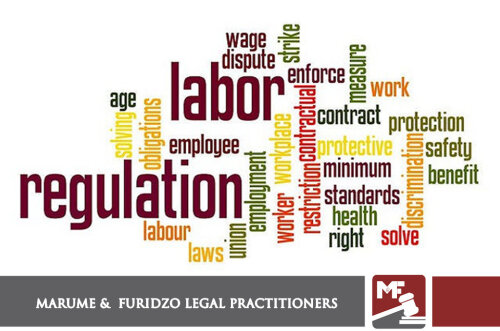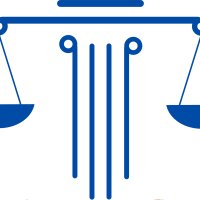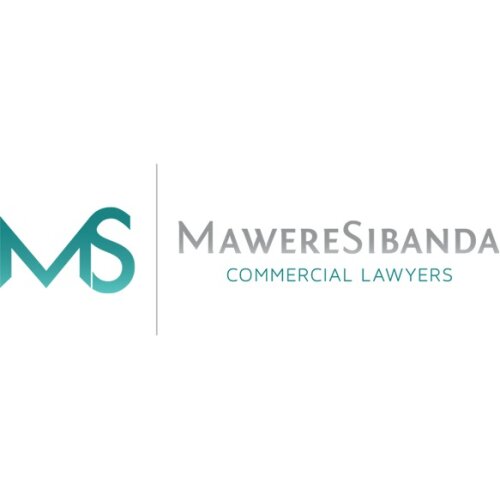Best Retirement Lawyers in Zimbabwe
Share your needs with us, get contacted by law firms.
Free. Takes 2 min.
Or refine your search by selecting a city:
List of the best lawyers in Zimbabwe
About Retirement Law in Zimbabwe
Retirement law in Zimbabwe is primarily governed by the Pension and Provident Funds Act, which regulates the establishment, operation, and registration of pension funds in the country. The key goal of retirement legislation is to ensure that retirees have financial security and access to their entitled benefits. Retirement planning in Zimbabwe is often supported by private schemes, employer-sponsored pension plans, and the National Social Security Authority (NSSA). Individuals approaching retirement age must understand their rights under these laws to ensure they receive proper entitlements.
Why You May Need a Lawyer
There are several scenarios where an individual in Zimbabwe may require legal assistance related to retirement. These include disputes regarding pension entitlements, improper calculation or denial of benefits, issues with employer-sponsored retirement plans, or misunderstandings regarding the NSSA contributions and benefits. Additionally, navigating the complexities of retirement laws to ensure compliance and understanding one's legal standing can be challenging without professional advice. Engaging a lawyer can help in securing your rights and achieving financial security post-retirement.
Local Laws Overview
The legal framework for retirement in Zimbabwe includes several important aspects. The Pension and Provident Funds Act requires the registration of all pension funds, ensuring they are compliant with regulations that protect the members’ benefits. The Local Authorities Pensions Fund Act specifically governs retirement benefits for municipal employees. Additionally, contributions to the NSSA are mandatory for employees and form a significant part of retirement planning. Understanding these laws assists individuals in safeguarding their retirement rights and options.
Frequently Asked Questions
What is the legal retirement age in Zimbabwe?
The general retirement age in Zimbabwe is set at 60, although early retirement at 55 is possible, and late retirement can be extended up to 70 under certain conditions.
How is the National Social Security Authority (NSSA) involved in retirement?
NSSA provides a mandatory pension scheme for all employees in Zimbabwe, where both employers and employees are required to contribute. The scheme provides retirement benefits and ensures basic income security for retirees.
What should I do if my pension fund denies my benefits?
If you are denied benefits, it is crucial to seek legal assistance immediately. A lawyer will help you challenge the denial, understand your rights, and advocate on your behalf.
Are there tax implications on retirement benefits in Zimbabwe?
Yes, retirement benefits are subject to taxation in Zimbabwe. It’s important to understand the various tax regulations pertaining to pensions to manage your finances efficiently post-retirement.
Can I withdraw my retirement funds early?
While there are provisions for early withdrawals in certain cases, withdrawing funds before the retirement age may come with penalties or reduced benefits. Legal advice is recommended to explore options.
How does the Pension and Provident Funds Act protect retirees?
The Act requires that pension funds operate transparently and fairly, ensuring that they meet their financial obligations to retired members, thus protecting their benefits.
What are provident funds?
Provident funds in Zimbabwe are types of retirement benefits schemes similar to pension funds but typically allow benefits to be received as a lump sum instead of a monthly annuity.
Is it mandatory for all employers to provide retirement benefits?
While the NSSA scheme is mandatory for all employees, not all employers are required to provide additional retirement benefits unless stipulated by employment agreements or company-specific policies.
Can expatriates participate in retirement schemes in Zimbabwe?
Expatriates can contribute to the NSSA if formally employed within Zimbabwe but should also consider international schemes contingent on their home country’s agreements.
How do private pension schemes work?
Private pension schemes are often employer-sponsored or run by private institutions providing retirement benefits based on contributions over the employment period, offering both lump-sum payouts and annuities.
Additional Resources
For further assistance, individuals can reach out to the following:
- National Social Security Authority (NSSA) for information on the national pension scheme.
- The Insurance and Pensions Commission (IPEC) for guidance and regulatory information on pension funds.
- Legal Aid Clinics or firms specializing in labor and pension law for personalized assistance.
Next Steps
If you believe you require legal assistance concerning retirement matters in Zimbabwe, consider the following steps:
- Review your situation and gather all relevant documentation related to your retirement entitlements, funds, or benefits.
- Consult with a specialized retirement lawyer or legal advisor to discuss your situation and obtain advice.
- Evaluate your options based on the legal advice received, including possible legal action or negotiation with pension providers.
- Regularly review your retirement plans and stay informed of any changes in the law or regulations that may affect your benefits.
Taking these steps ensures you are well-prepared to address any retirement-related legal issues efficiently and effectively.
Lawzana helps you find the best lawyers and law firms in Zimbabwe through a curated and pre-screened list of qualified legal professionals. Our platform offers rankings and detailed profiles of attorneys and law firms, allowing you to compare based on practice areas, including Retirement, experience, and client feedback.
Each profile includes a description of the firm's areas of practice, client reviews, team members and partners, year of establishment, spoken languages, office locations, contact information, social media presence, and any published articles or resources. Most firms on our platform speak English and are experienced in both local and international legal matters.
Get a quote from top-rated law firms in Zimbabwe — quickly, securely, and without unnecessary hassle.
Disclaimer:
The information provided on this page is for general informational purposes only and does not constitute legal advice. While we strive to ensure the accuracy and relevance of the content, legal information may change over time, and interpretations of the law can vary. You should always consult with a qualified legal professional for advice specific to your situation.
We disclaim all liability for actions taken or not taken based on the content of this page. If you believe any information is incorrect or outdated, please contact us, and we will review and update it where appropriate.
Browse retirement law firms by city in Zimbabwe
Refine your search by selecting a city.
















